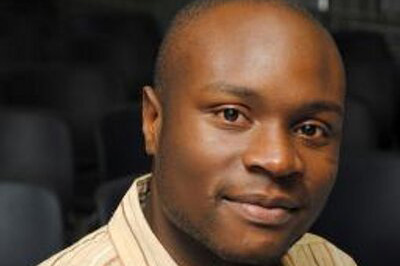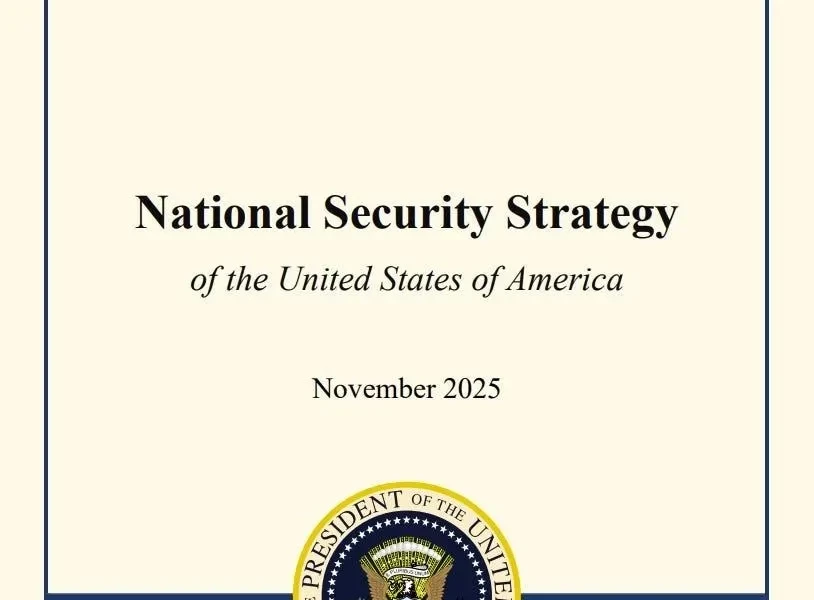
Mbare is associated with deviant practices and widespread poverty, but not for rising artist Gideon Jeph Wabvuta who has relayed the aspirations, trials and tribulations of one of Zimbabwe’s oldest suburbs through play.
By Wellington Zimbowa
The 26-year-old Mbare-born playwright, actor, director and University of Zimbabwe theatre department teaching assistant, regards Mbare as the source of his inspiration. He joins Mbare artistes such as Zimdancehall sensations Kinah, Killer T, Seh Calaz, Ras Pombi and others on the local and global arts arena.
Wabvuta, who is back in the country from the United States for a talent nurturing conference, Ojai Playwright Conference where Mbare Dreams — his second play was showcased — owes his success to his Mbare background.
“Growing up in Mbare shaped me. Many bad things are said about my home by people who have never been there,” he said. “But I have experienced life in Mbare and we lived as a communal setting, knowing each other in the neighbourhood. I was born and raised there and I only moved away just a few weeks ago”.
Wabvuta’s US trip was facilitated by the Zimbabwean American Dramatic Arts Collaborative Organisation, Amalsi, the brain child of Zimbabwe-born actress Danai Gurira.
The aim was to raise the local dramatic artists’ standards to international levels through international exposure, training and collaboration with their American counterparts.
Wabvuta said participation at the event, following an invitation by the conference’s play director Robert Egan after being impressed by his works while on an exchange trip to the country, has refined his artistic acumen . “Zimbabweans are storytellers and they do have numerous stories to tell but what’s missing is the people to help develop them into world-class plays. When I was invited to be part of the African Playwrights Festival, I was thrilled and I had my expectations. What fascinated me is how I grew as a writer and managed to access skill that I had no idea existed in me.
- Chamisa under fire over US$120K donation
- Mavhunga puts DeMbare into Chibuku quarterfinals
- Pension funds bet on Cabora Bassa oilfields
- Councils defy govt fire tender directive
Keep Reading
“Egan moved me from what he likes to call level one writing to a higher level. I read my work now and I wonder how I got there. Normally, [in Zimbabwe] one does not go through this collaborative process with a director, actors and a dramaturge. It’s usually a writer in a room and then the next thing it’s onstage. I had no idea how important this developmental process is, and now I don’t think I can get a piece of work produced without this process,” reads his testament on Almasi website.
Wabvuta’s goal is to produce 10 plays, all set in Mbare. He has since written two.
“It is important to identify yourself as a Zimbabwean for one to be authentic on the global stage,” he said.
“I know best how to be Zimbabwean than any other nationality and that’s how I identified my gap”.
The Masters Shoe, a 2014 Almasi production tries to capture the socio-political environment in the often politically volatile suburb of Mbare coming as an “intense political piece” exploring the issues of power, servantship and human rights abuse.
Meanwhile, Mbare Dreams, lends voice to the aspirations of youths, unemployment and impoverishment with no meaningful solutions and opportunities in sight.
The 90-minute-long play, being refined following training in the US, captures how the aspirations of the youths are in great danger owing to the volatile economic and political environment in the high-density suburbs.
The play ends with a call for youths to fight hard and seize available opportunities.










